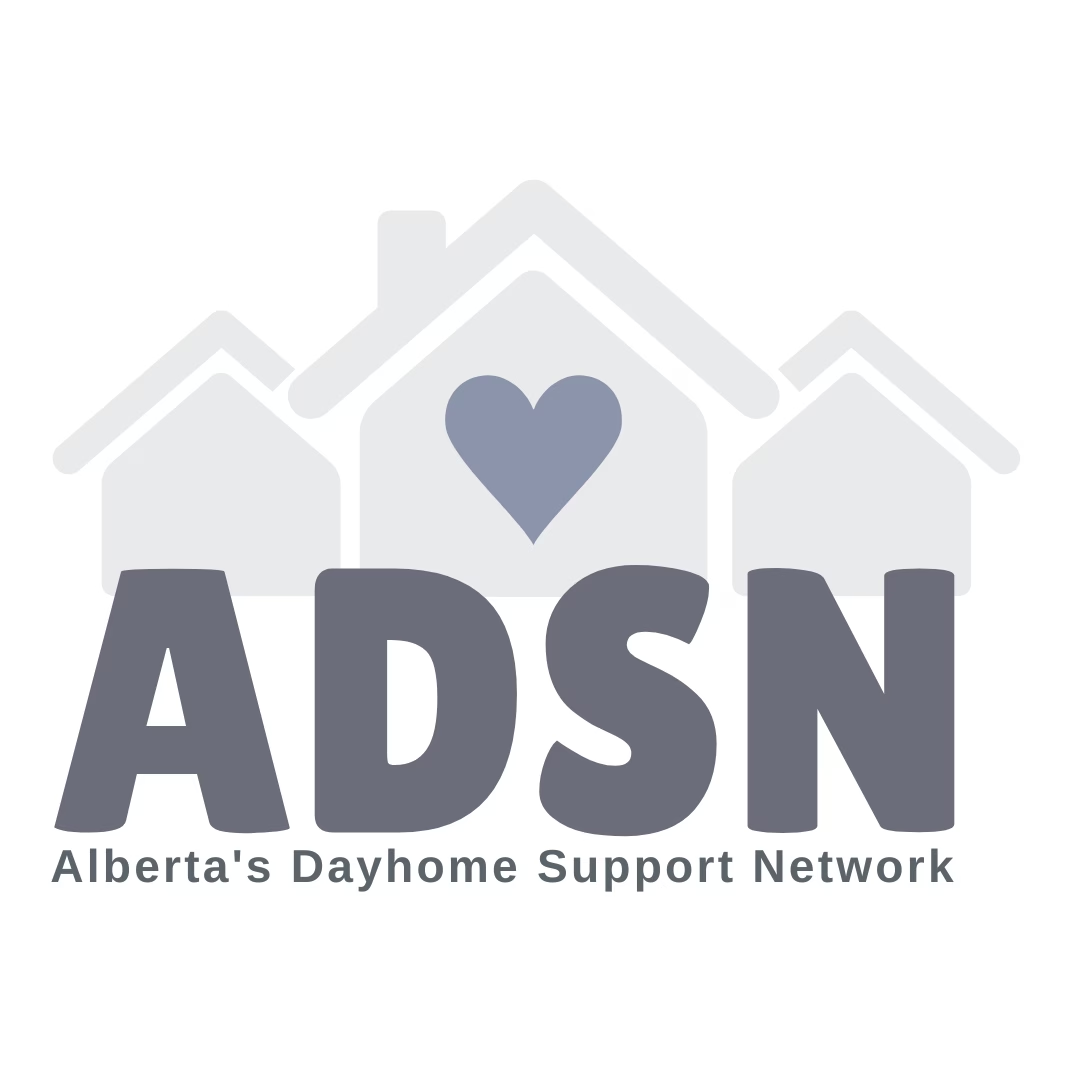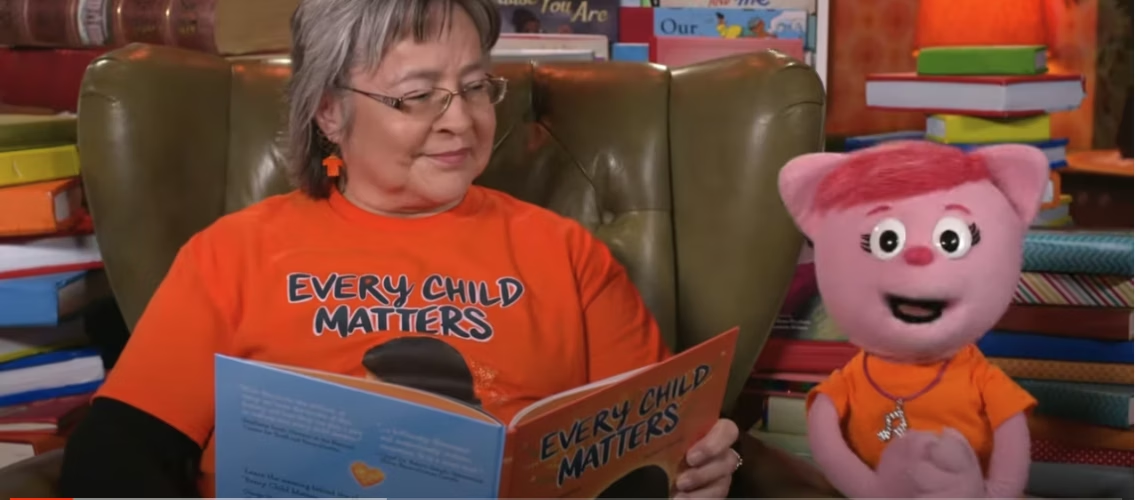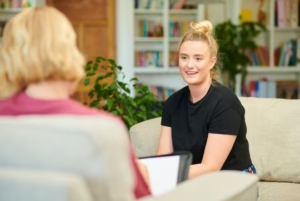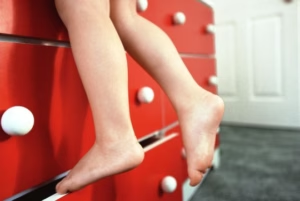Truth and Reconciliation Day in Canada is a time for reflection, learning, and taking steps toward healing and understanding the historical injustices faced by Indigenous peoples. As dayhome providers, we have the opportunity to introduce children to these important concepts in a sensitive and developmentally appropriate way, helping to encourage empathy, respect, and reconciliation from an early age. In this blog post, we’ll explore some valuable resources and strategies for acknowledging Truth and Reconciliation Day at your dayhome.
What is Reconciliation?
Talking about truth and reconcillation with young children can be a daunting task – but this doesn’t mean we should shy away from it.
As dayhome providers, we have a wonderful opportunity to discuss the concept of reconcillation with young children in a gentle and developmentally appropriate manner.
Not sure what to say? Your conversation with young children could look something like:
“Reconciliation means saying sorry when we’ve done something that hurt someone’s feelings or made them sad. It’s like giving a big hug or helping to make things better. It’s about being friends and working together to make everyone happy. Reconciliation helps us learn and grow, so we can always be kind and treat others with love and respect.”
Sharing age appropriate resources is also a great way of engaging in reconcillation with young children.
Read on for some age appropriate suggestions.
Storytelling and Indigenous Literature
One of the most effective ways to introduce young children to Indigenous culture, history, and perspectives is through storytelling. Incorporate Indigenous literature into your dayhome’s reading time, and engage the children in discussions about the stories they hear. Phyllis Webstad (founder of Orange Shirt Day) has recently published several books about her experience at a residential school in Canada. You can read these books with Phyllis on the CBC Youtube Channel – CBC Book Club. Some of Phyllis’ books may be distressing to some children, so be sure to review them prior to introducing them to your group.
Every Child Matters: https://www.youtube.com/watch?v=-Zk5qHqD82Q&t=1s
With Our Orange Shirts: https://www.youtube.com/watch?v=bUPuT_agHb0
Indigenous Music and Dance
Expose children to the rich tapestry of Indigenous music and dance. Show them traditional instruments like drums and flutes, and let them participate in simple rhythmic activities. There are many online resources that offer videos and instructions for Indigenous dance steps, allowing children to appreciate the beauty and significance of these cultural expressions.
CBC Kids YouTube Channel has some wonderful resources on Indigenous Song & Dance.
https://www.youtube.com/watch?v=_0dTe9lgKhQ&list=PL19BGlEqLldTEJ6jx1vjp3oyRmWrQOaLb&index=19
https://www.youtube.com/watch?v=NQNIke7ZwsM&list=PL19BGlEqLldTEJ6jx1vjp3oyRmWrQOaLb&index=20
https://www.youtube.com/watch?v=GwI3IuNfbSc&list=PL19BGlEqLldTEJ6jx1vjp3oyRmWrQOaLb&index=18
Educational Videos and Documentaries
TV shows like “Molly of Denali” are fantastic for teaching kids about Indigenous cultures. They make it fun and interesting to explore the richness of Indigenous traditions.
Indigenous Games & Activities
Teach children games and activities that originate from Indigenous cultures. These activities not only provide fun and physical engagement but also allow children to appreciate the skills and traditions of Indigenous peoples. Some examples include games like “Double Ball” and “Snow Snakes.”
Indigenous Cuisine
Indigenous cuisine is more than just food; it’s a rich tapestry of history, tradition, and culture. As we celebrate Truth and Reconciliation Day and seek ways to foster understanding and appreciation for Indigenous peoples, one delicious way to do so is by exploring the culinary traditions that have been passed down through generations.
Raising a Generation of World Changers
Truth and Reconciliation Day is an essential opportunity to introduce young children to the concepts of empathy, respect, and understanding. By incorporating these resources and strategies into your dayhome, you can help children learn about Indigenous cultures, history, and the importance of reconciliation. Through these experiences, you can foster a generation that is more informed, empathetic, and ready to contribute to building a better future for all Canadians.
What a privilege!
We wish for you to have a day filled with deep reflection and positive steps along your unique personal journey to reconciliation!




Responses